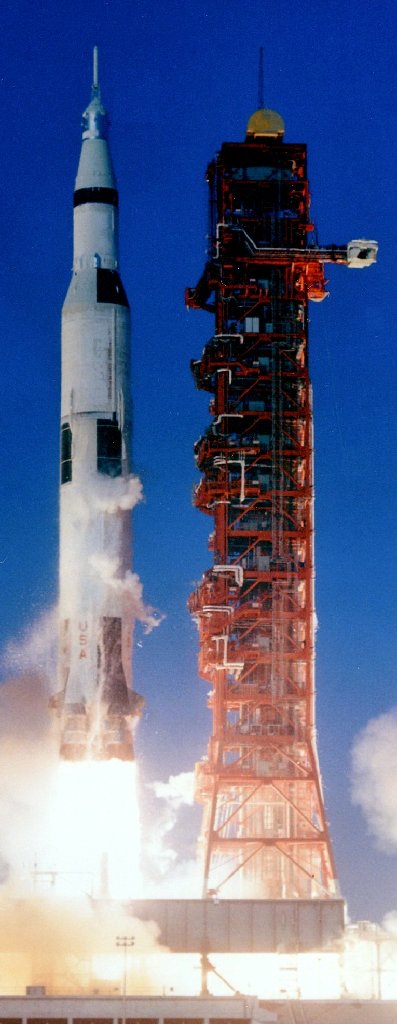GRtak
Forum Addict
Bio fuels will also play a role in our futures. The ICE is not going anywhere soon, but it will be used in different ways.
Apparently, that's about 60%. In the motherland of the automobile, no less, where investing into railways is seen as a bit of an affront towards the key industry. Switzerland, where building tracks is not exactly easy or cheap, is just about 100% electric.In a tiny county sure, how about Germany?
38.04% in 2014 (source)Or India?
Not exactly the paragons of railway infrastructure, are they?Not even bringing US and Canada into this.
Do either cover enough to essentially not need anything but local trucking?Apparently, that's about 60%. In the motherland of the automobile, no less, where investing into railways is seen as a bit of an affront towards the key industry. Switzerland, where building tracks is not exactly easy or cheap, is just about 100% electric.
38.04% in 2014 (source)
Dunno about Canadia but yeah US has nothing....Not exactly the paragons of railway infrastructure, are they?

I'm torn when it comes to electrified railways, I recently heard that when it's cold and icy they have to slow the trains down to avoid damaging the overhead line or the pantograph. They aren't electrified around here and I'm happy to stay that way for now as all of the electrified lines in the area seem to be having problems.
Diesel-electric is still my preference for power source where electric propulsion is concerned.
 How much does 4 humans cost?
How much does 4 humans cost?How much does 4 humans cost?
Depends on age, race and what you are looking for
Err... did this conversation shift from passenger cars to freight?Do either cover enough to essentially not need anything but local trucking?
 If so, I missed it, I was talking about passenger transport.
If so, I missed it, I was talking about passenger transport.I didn't say you don't have anything.Dunno about Canadia but yeah US has nothing....
Well-known fact, yes, but see above.US moves a shit ton of freight by rail.
Err... did this conversation shift from passenger cars to freight?If so, I missed it, I was talking about passenger transport.
That he is. He drives a big truck, dislikes French speaking people, and lives within the Bud Light capitol of the world.
Not exactly the paragons of railway infrastructure, are they?
Then you are missing out on certain benefits of electric motors.
In a tiny county sure, how about Germany? Or India? Not even bringing US and Canada into this. But I was really thinking worldwide, after all we are being told that fossil fuels are running out and best we are given is BEV.
P.S. You are also suggesting electrifying roadways, so at least doubling of the current network in NL
Also that BEV is a niche solution.
Either way to achieve what narf is talking about you would have to:
1-Fully electrify the entire rail network (and don't forget that would also mean things like mining trains that are not part of a general freight/passenger network)
2:
a)Build out more railways to essentially replacing long distance trucking with local trucking OR
b)Build out a completely new and separate network to electrify all major highways
3-Have a worldwide standard for using the above
4-Have all continental railways connected otherwise BEV trucks couldn't do international shipping.
So no point in BEVs at all then.Nothing says you can't have a microhybrid with a capacitor or small battery, small generator/motor for slow traffic, parking, boost, and a methane (= natural gas) powered ICE.
Most benefits from the electric motor such as regenerative braking, no ICE in stop-start traffic, etc.? Check.
Renewable fuel? Check.
Existing fuelling infrastructure? Check.
Fast refuels? Check.
Long ranges? Check.
Existing technology? Check on the car side, some research to be done on the fuel production side.
How often does roadway surface collapse under icy conditions? Also imagine the friction those lines will have to deal with when you are running literally millions of cars/trucks through them at autobahn speeds at that. I doubt railroads have as much volume per mile as your autobahns do. Additionally how often are those batteries going to have to be changed when put into trucks? Also what are we doing for marine shipping? That moves a crapload of freight as well.Looking at how much a kilometre of Autobahn costs to build and maintain, I doubt adding overhead power would be a huge increase... and it'd be a source of revenue.
Right now we have an almost solution for one niche and 0 for all others. Also NL is clearly trying to make an almost solution be an everything solution.In my mind, the future needs a set of niche solutions applied where they work best. Looking for a one-size-fits-all magic bullet isn't the answer, neither is discarding a solution just because it doesn't work in 100% of all scenarios.
At a cost of what exactly? If we are talking fully renewable energy generation along with a mostly electrified road/rail network demand is going to be way too low for economies of scale.Additionally, recovering the vast amounts of fossil fuel used on the busiest lines leaves enough diesel to power those light trains for centuries.
Not road network, electric network.Why do you need a new and separate road network?
Not just rail, road as well. You need to standardize the pantographs and voltage, amperage, etc.. in order for a complete interconnectivity.Again, why do you need that? Rail in most of continental Europe works well despite several standards for overhead power lines.
I'd prefer one standard to rule them all of course, but I don't see how not having one standard should stop progress.
In your suggestion they need overhead lines, they have to be interconnected.Trucks don't need railways at all... that being said, our railways already are connected. There even are freight trains running from China to Western Europe... though not fully electrified (yet?).
Ah, alright then.It shifted to suitability of BEV's for applications outside of personal transport.
I wouldn't say it's completely useless, but to be honest, I'd rather leave the debate on e.g. trucks powered by exchangeable batteries to other people.Everyone is concentrating on Teslas and such but realistically BEVs can only replace a portion of cars that are currently used for personal transportation and is completely useless in just about all other applications.
Also what are we doing for marine shipping?
Did you know it's really hard to send a man to the moon on a battery-powered rocket? How will we ever get to Mars?
So BEV *might* work in personal transportation niche once charge times, distance and battery longevity are improved. So then where is the solution for all other aspect of transportation? FCEV could be that solution, because it actually does scale beyond personal transportation and could even use current infrastructure with some modifications. It also has an added bonus to having all transportation battery ready *if* the mythical battery breakthrough actually does arrive. So again why bother wasting resources on a solution that works for a fraction over one that works for all?*In my mind, the future needs a set of niche solutions applied where they work best.
In fact they don't even use fossil fuels.




Eh wha? This Saturn V is burning RP-1, essentially kerosene, in its first stage and liquid hydrogen in the second and third stage... given that 96% of today's hydrogen is made from fossil fuels, I'd count that as burning fossil fuels as well.

Wanna go more modern? SpaceX's Merlin engines run on RP-1.

More Russian? This Soyuz is powered by RG-1, basically Russian RP-1.

Wonder what propellant is in that big red tank...

Liquid hydrogen, pretty much purely from fossil fuels.
I'll give you the STS's SRBs though, too lazy to research if there's significant fossil fuels involved in making those.
